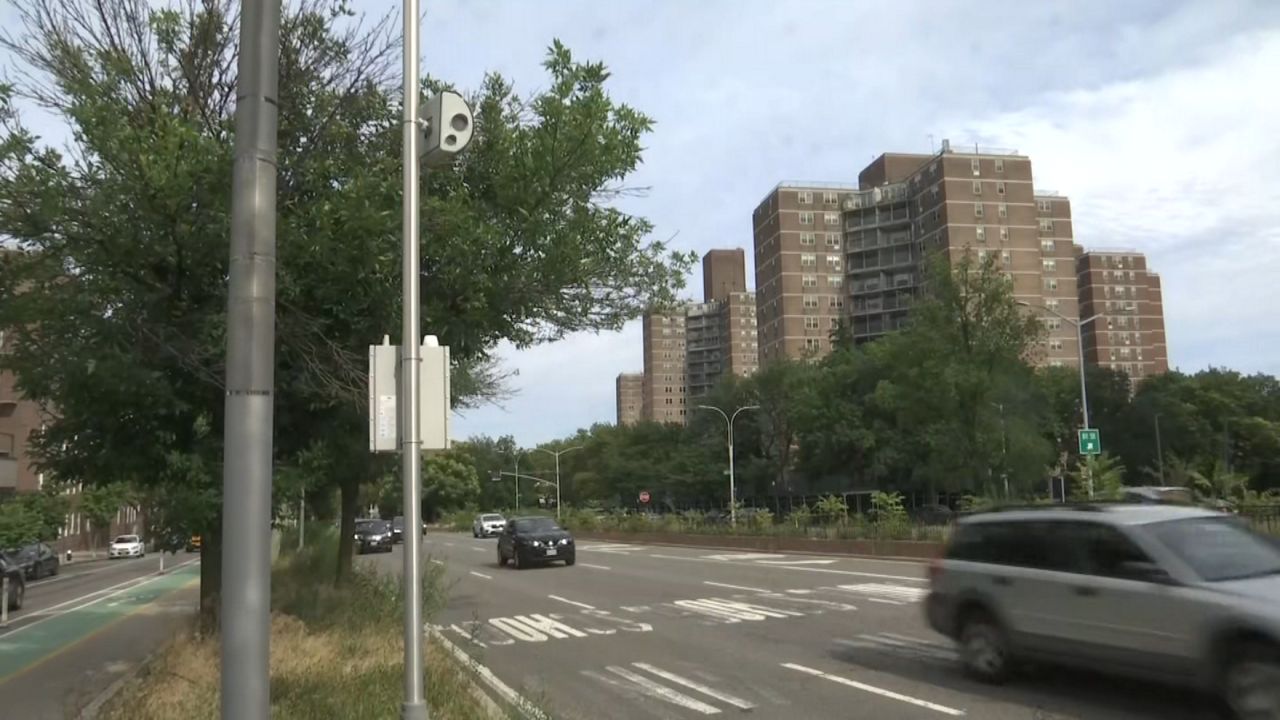There have been several subway safety plans over the past few years, including last year’s addition of 1,000 State and MTA Police and National Guard members, as well as 1,000 more NYPD officers to the subway.
This year, an additional 750 officers have been on the platforms, with 350 riding every overnight train. Some New Yorkers say their presence makes people feel safe.
“I mean, I love to see cops,” rider Ara Peters said. “It always makes you feel a little bit better.”
“I think having a larger police presence would be a big deterrent,” Arkiss Bettencourt said. “I feel like there has been an increase, but I don’t think it’s enough.”
On Tuesday, the mayor and police commissioner touted a citywide drop in crime, including major crime in the subway, down over 4%. But felony assaults are up 17% year to date.
NYPD Chief of Crime Control Strategies Michael Lipetri says the department’s current strategy is the most aggressive he’s seen, but many of the assaults are tied to mental illness.
“We’re working with the mayor and police commissioner,” Lipetri said. “We’re doing as much as we can to work with our partners and see, you know, removing those individuals from the transit system when the law allows.”
Changes to the involuntary commitment law that were part of the latest state budget will allow for the removal of more people when it goes into effect later this summer.
Gov. Kathy Hochul has funded 10 mental health or SCOUT teams to do outreach work in the subway by the end of the year.
NYPD officials also point out that through May 25, over 36% of the assaults were on NYPD officers and MTA employees. They attribute that to more enforcement and engagement, but some riders say the deployment is uneven.
Additionally, the overnight deployments are set to end this month, which riders say is unfortunate.
“I think overnight is the dangerous time,” said Peters, who thinks they should continue.
NY1 asked the mayor and police commissioner if there are plans to extend the overnight subway patrols, but they have not responded.
The governor has said she wants them to continue but suggested the city should pick up the bill.


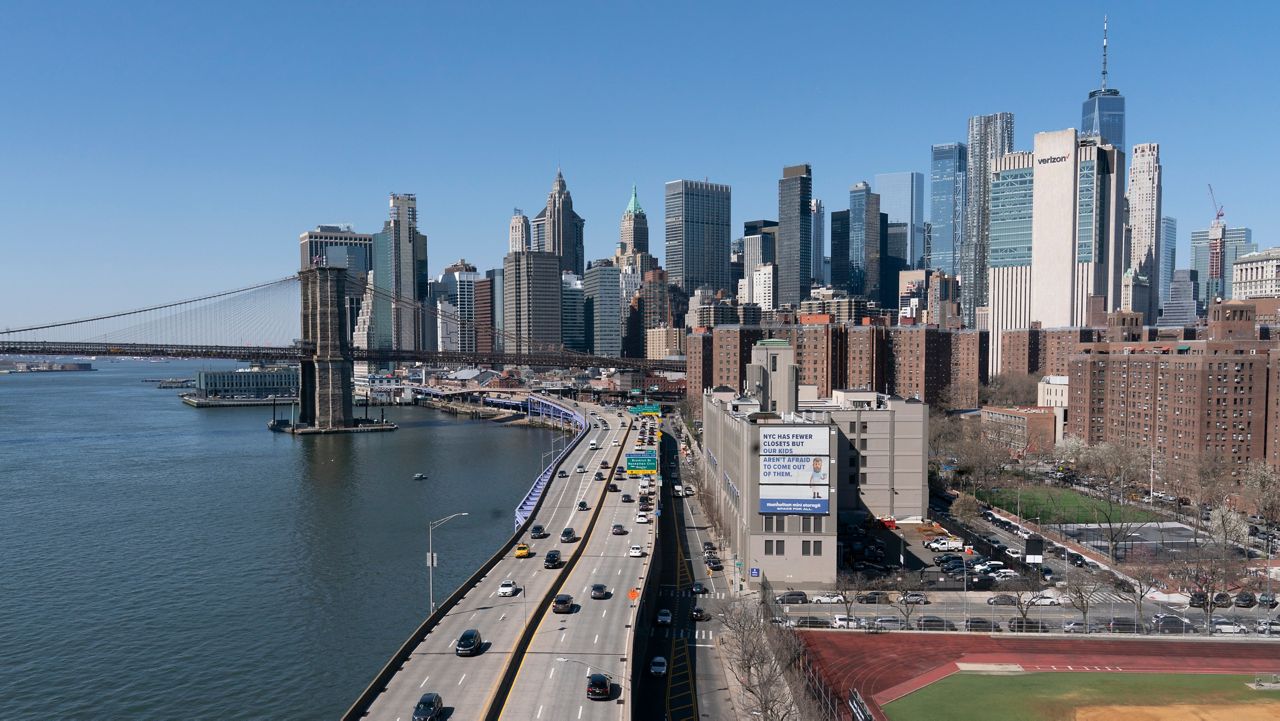
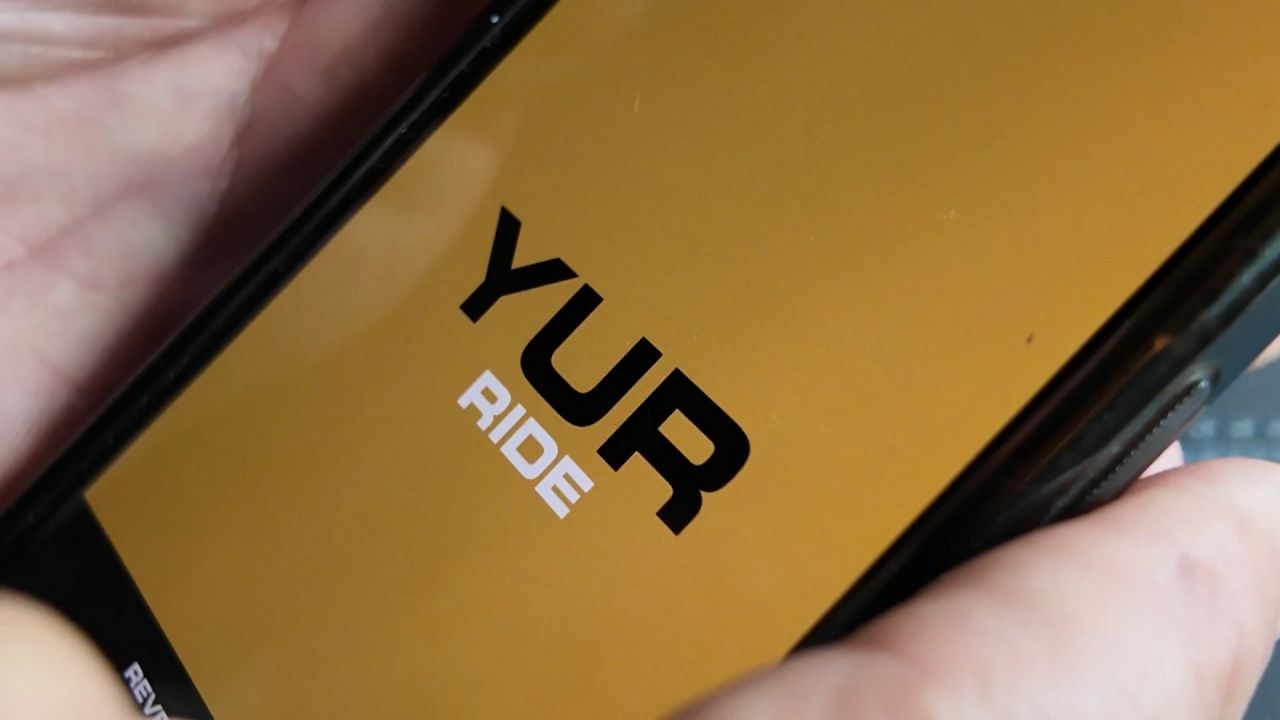
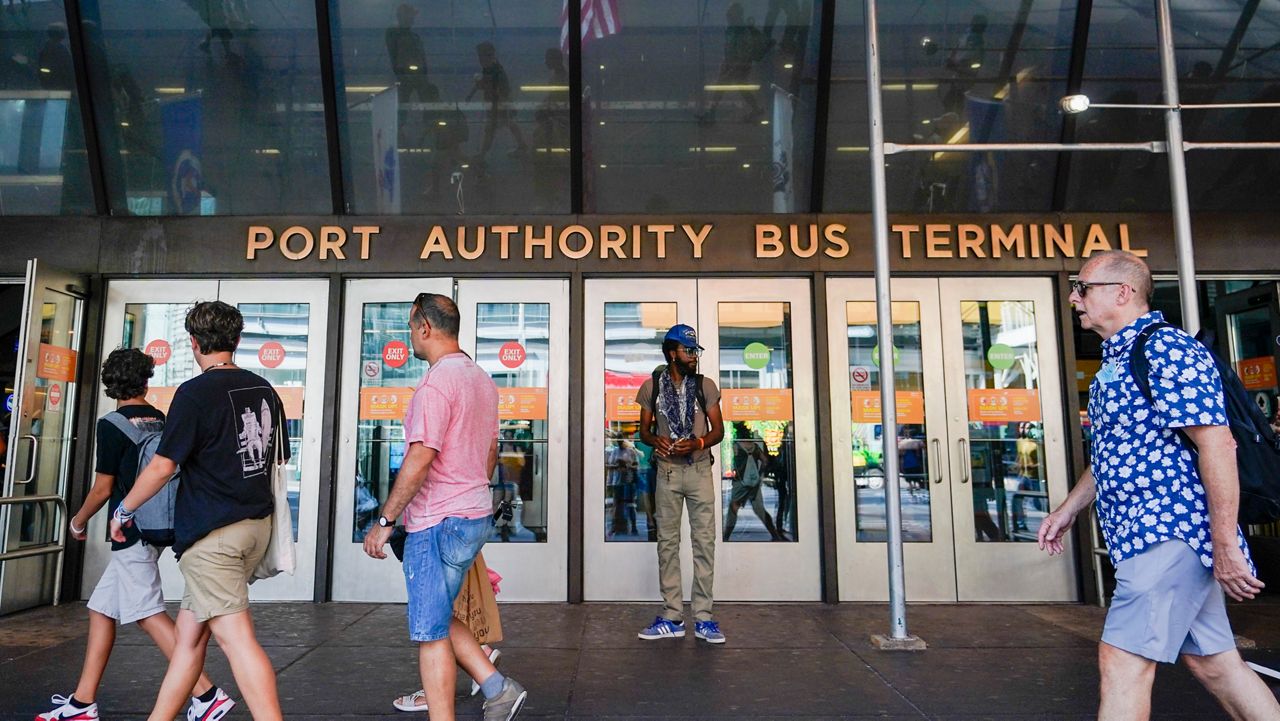
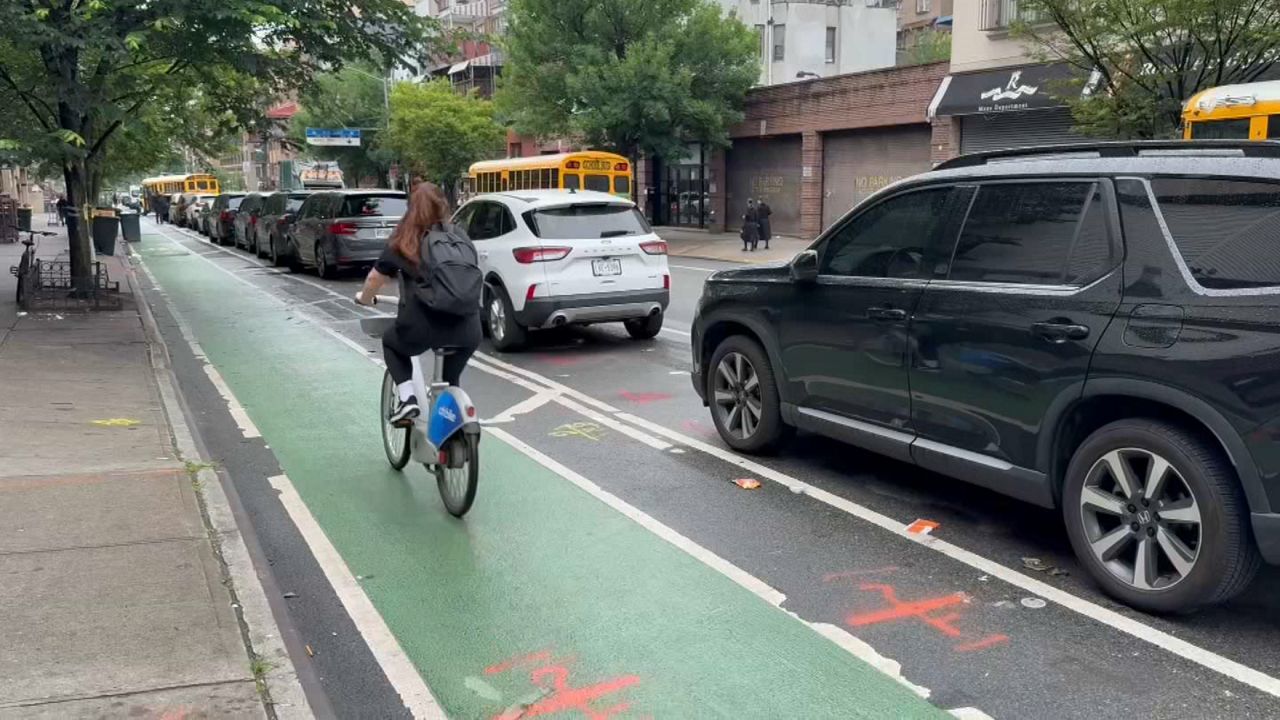
_PKG_Bragg_SUPPORT_Mental_Health_Act_CLEAN_134577045_4409)
